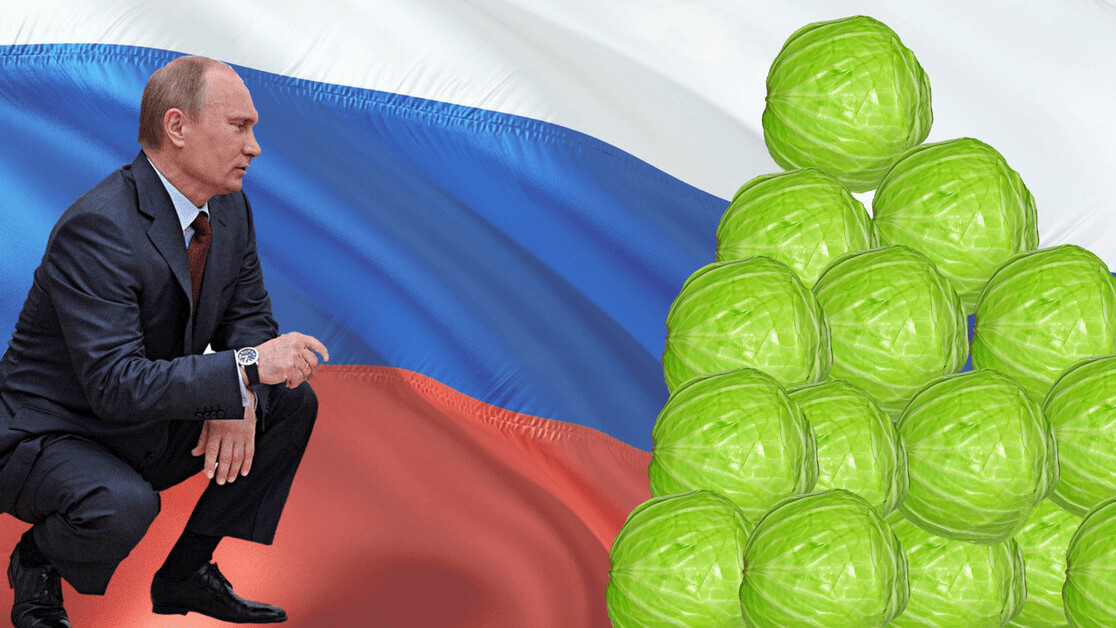
We all agree that fake news is bad — and that we’re tired of hearing about it — but when such stories crop up, is it too much to ask for them to at least be interesting?
That’s why I was shocked at the sheer ‘boringness’ of the newest Russian fake news story that has been debunked:
Figure of the Week: 8180 https://t.co/9iRCEahRnS via @EUvsDisinfo #DisinfoReview #fakenews pic.twitter.com/tnMZ2dAzb2
— EUwatch ?? (@EUwatchers) January 23, 2018
So, the ‘figure of the week’ from the popular newsmonitor EUwatch was that Russians aren’t buying as much Moldovan cabbage as they claimed… how nefarious.
However, as you might expect, it’s actually quite serious when you take a look at the original article on EU vs Disinfo, the EU’s taskforce against misinformation. A Russian TV station used the bolstered stats to undermine Moldova’s relationship with the EU, which is actually a much bigger customer of Moldovan agricultural goods than Russia.
Just by lying about the amount of cabbage being bought (or you know, fruits and vegetables in general), the Russian TV station tried to manipulate great geopolitical issues, like whether a country should strengthen its ties with the EU or fall in the embrace of Putin’s big burly arms.
If Moldovans start to believe that they aren’t getting anything out of their trade agreement with the EU (which is untrue) they might be less willing to maintain their partnership with the union. The whole Ukraine crisis basically started because the country was aligning itself closer to the EU, instead of Russia. That’s why it’s probably safe to assume that Putin and his underlings probably do care about how Moldovans perceive their relationship with Russia and the EU.
So I guess the lesson is we need to stay alert and fight off fake news, even if it’s extremely boring.
Get the TNW newsletter
Get the most important tech news in your inbox each week.





